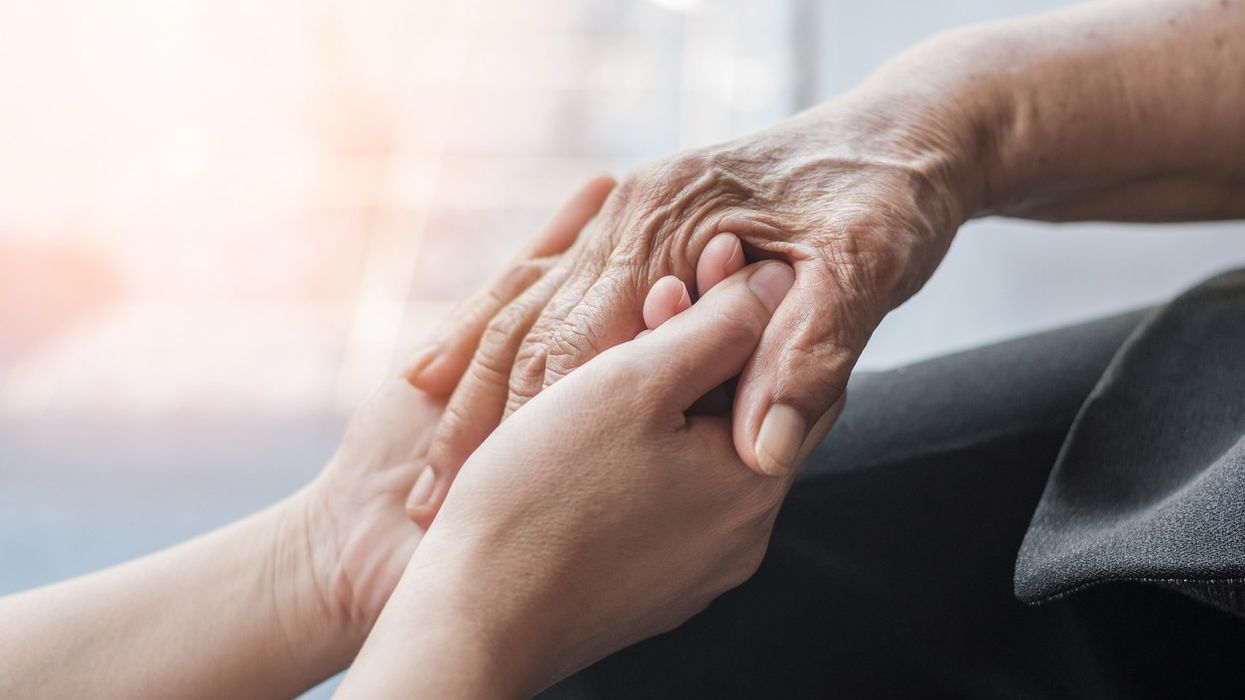A STUDY has estimated that one in every 127 people globally, or 6.18 crore individuals, had autism in 2021, with the neurodevelopmental condition featuring among the top 10 causes of non-fatal health burden in youth aged under 20 years.
The disorder is associated with repetitive behaviour and affected social skills. Signs, which can begin to show as early as 12 months of age, include poor non-verbal communication, such as avoiding eye contact and not responding to their name.
Published in the Lancet Psychiatry journal, the results showed that globally, autism cases among men were over twice of those in women -- 1,065 cases for every 100,000 men and 508 for every 100,000 women.
The estimates come from the Global Burden of Diseases (GBD) Study, the largest and most comprehensive ones to assess health loss around the world over time, according to the Institute for Health Metrics and Evaluation, University of Washington, US, which coordinates it.
"An estimated 61.8 million individuals (one in every 127 people) were on the autism spectrum globally in 2021," the authors wrote.
Regions such as high-income Asia Pacific, including Japan, revealed the highest prevalence (1,560 per 100,000 population), while Tropical Latin America and Bangladesh reported the lowest, researchers said.
The findings underscored the importance of early detection and support to autistic young people and their caregivers globally, the authors said.
They also called for efforts to improve accuracy of the study's findings, including a better understanding of how autism prevalence differs with geography.
"The work presented here can guide future research efforts, and importantly, decisions concerning allocation of health services that better address the needs of all autistic individuals," the authors wrote.
(PTI)





